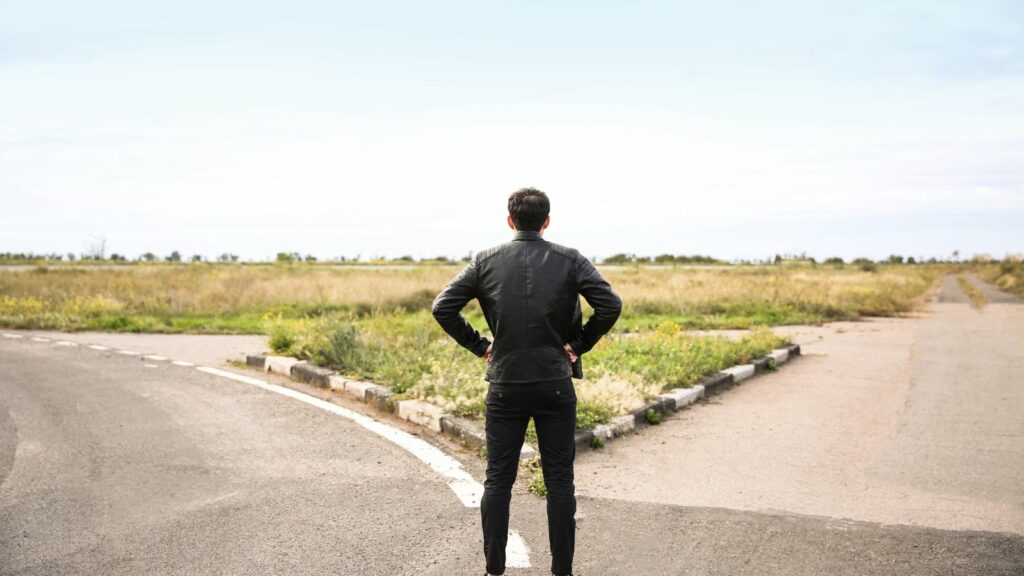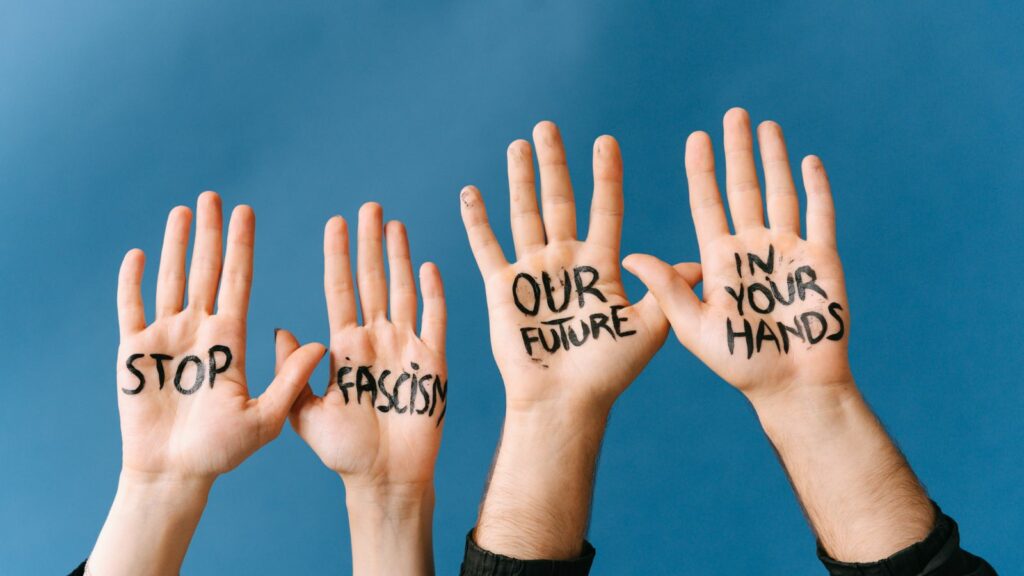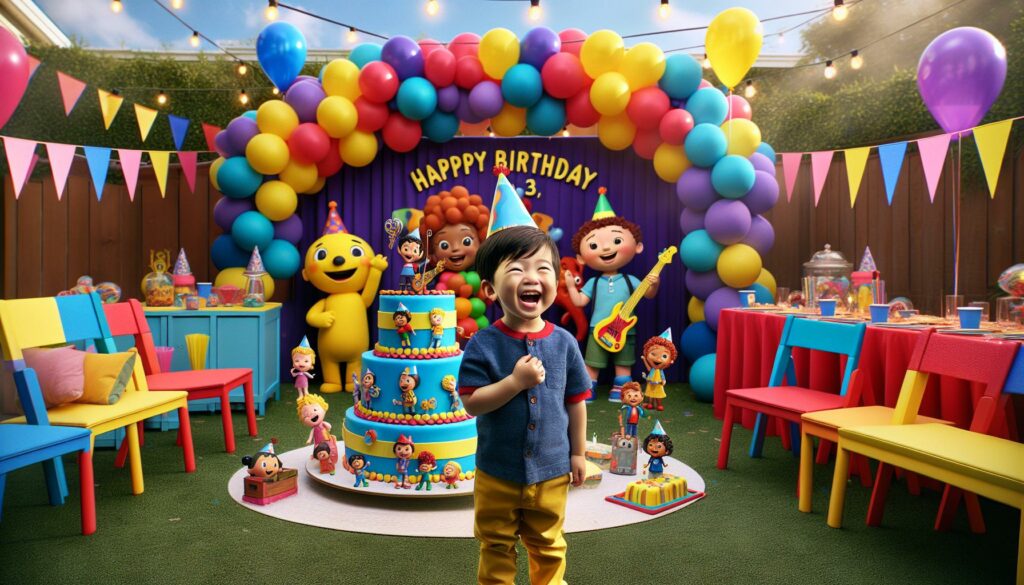Every day, we make countless decisions, from mundane tasks like what to eat for breakfast to life-changing choices like selecting a career path or moving to a new city. These decisions shape our future, influencing our happiness, success, and personal growth. But with every choice comes uncertainty. When faced with multiple possibilities, it’s natural to wonder if we’re making the right move. Sometimes, it feels like placing a bet on an unpredictable outcome, hoping that the path we choose will lead to the desired result.
This sense of uncertainty is both thrilling and terrifying. On one hand, it opens up a world of possibilities, offering the chance to explore new opportunities and experiences. On the other, it brings the fear of failure or regret. Why is decision-making so complex? It turns out that our brains are wired to seek certainty and avoid risks. Psychologists explain that the human mind is constantly weighing potential gains against possible losses, trying to predict outcomes even when the future is unknowable.
One of the biggest challenges in decision-making is dealing with fear. The fear of making the wrong choice can lead to indecision or anxiety. This phenomenon, known as “decision paralysis,” occurs when we overanalyze every option, trying to eliminate uncertainty. However, the truth is that no decision is ever risk-free. Even the most well-thought-out plans can face unexpected obstacles. Learning to embrace uncertainty is a crucial step in becoming a confident decision-maker.

A helpful strategy is to focus on the process rather than the outcome. Instead of obsessing over whether a decision will lead to success, evaluate the reasoning behind it. Did you gather enough information? Did you consider your values and priorities? By trusting the decision-making process, you can reduce anxiety and build confidence, regardless of the result. This approach allows you to learn from every experience, whether it leads to victory or setback.
Another key to effective decision-making is developing a growth mindset. People with a growth mindset see challenges as learning opportunities rather than threats. They understand that failure is not a reflection of their abilities but a chance to grow and improve. This perspective makes them more willing to take calculated risks, knowing that every choice offers valuable lessons. It also helps them recover from setbacks more quickly, using failures as stepping stones to future success.

In addition, surrounding yourself with supportive and diverse perspectives can enhance your decision-making abilities. When faced with complex choices, seek advice from trusted mentors, friends, or colleagues who can provide different viewpoints. However, be careful not to rely too heavily on others’ opinions. Ultimately, the decision is yours to make, and taking ownership of it builds resilience and self-assurance.
In conclusion, decision-making is an art that requires courage, adaptability, and self-awareness. It involves balancing logic with intuition, accepting uncertainty, and learning from every outcome. By refining this skill, we can navigate life’s complexities with confidence and purpose. Remember, no decision is ever completely right or wrong. It’s our attitude and actions afterward that shape its impact. So, the next time you face a difficult choice, take a deep breath, trust yourself, and make the bet that aligns with your values and dreams.



